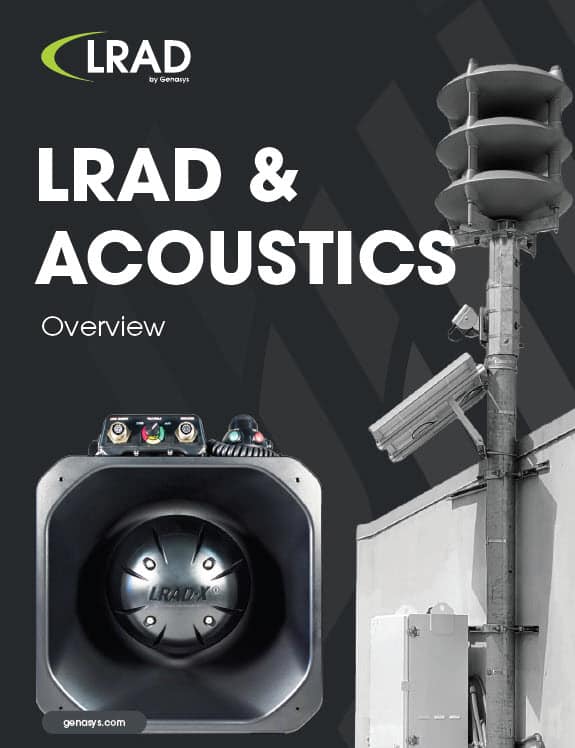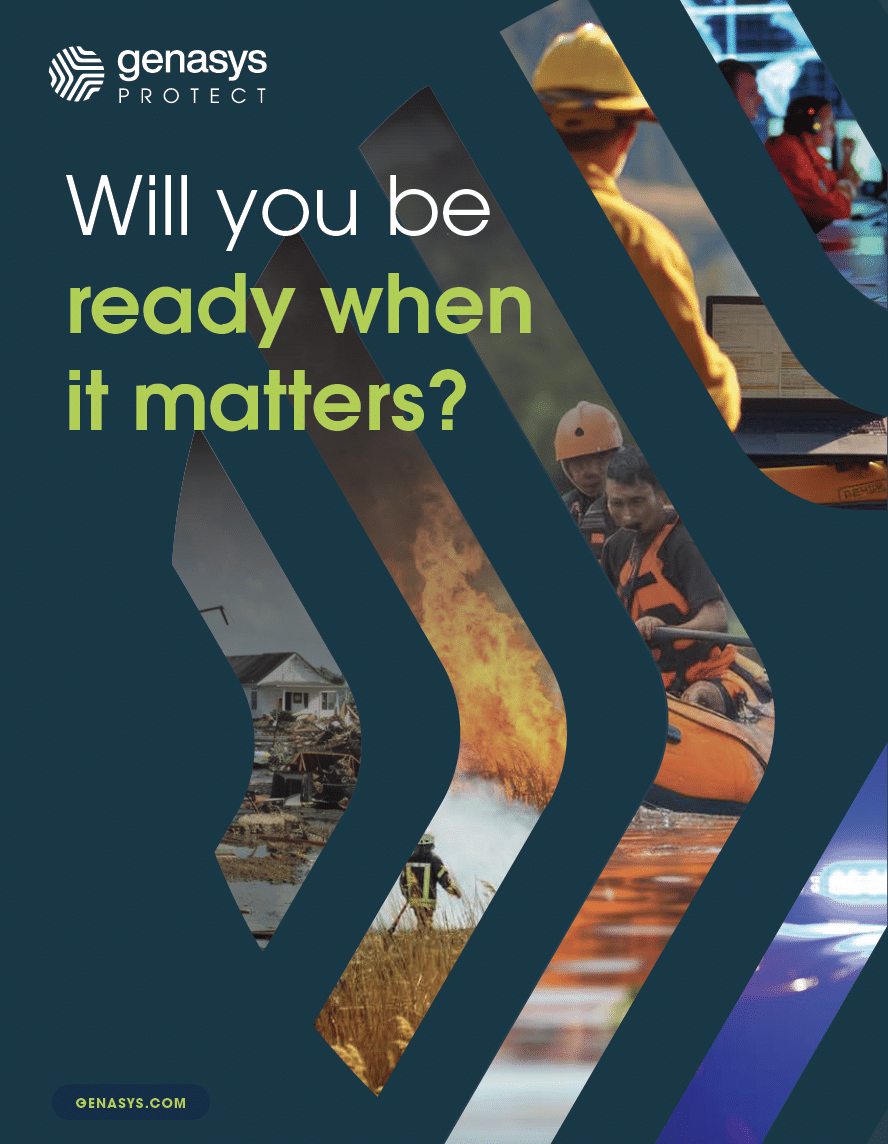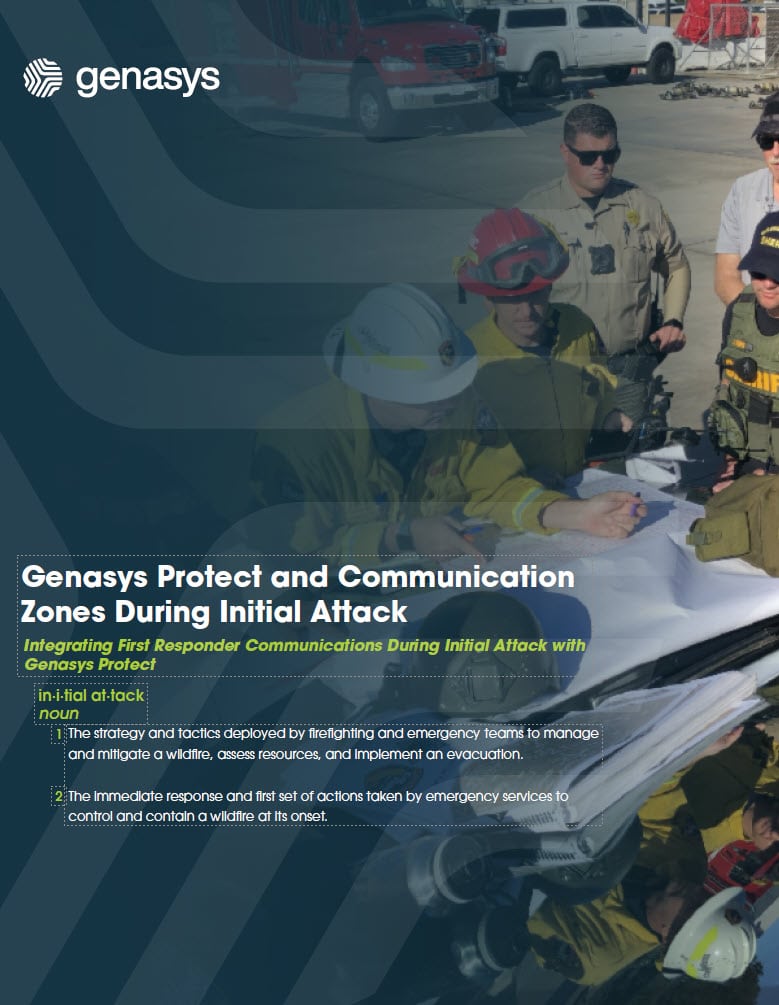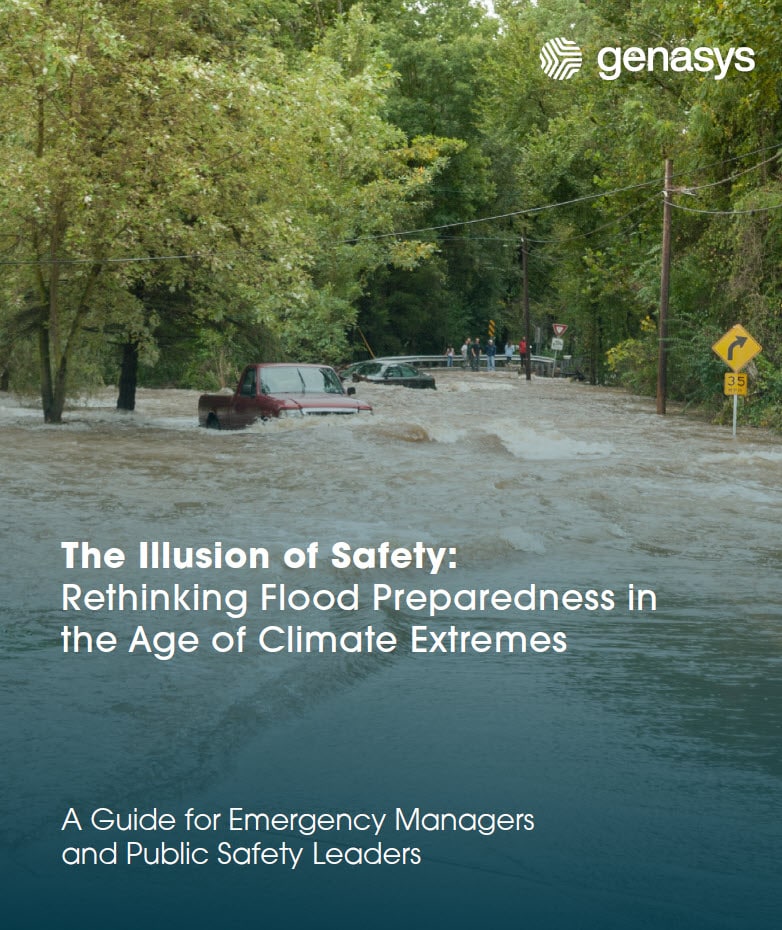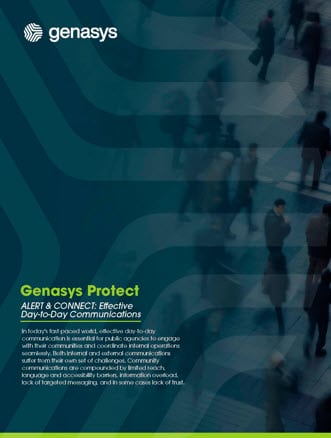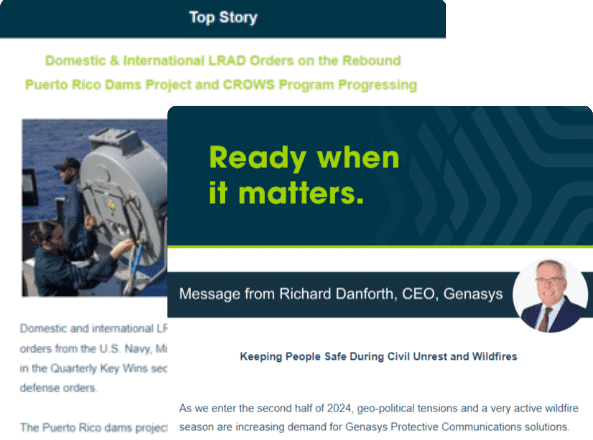By Michael Shanks, Director, Business Development, Genasys Inc
When it comes to Outdoor Early Warning Systems, choosing the right tool can mean the difference between order or chaos, safety or danger. Historically, sirens have been the standard for alerting people in emergencies. However, as technology has advanced, a new solution has emerged—the intelligent voice speaker. These speakers are now proving to be far superior to traditional sirens in delivering clear, actionable information when it’s needed most. Below, we explore why intelligent voice speakers are the new benchmark for public safety.
The Limitations of Traditional Sirens
Traditional sirens serve one basic function: to grab attention. While this is certainly valuable in an emergency, sirens fall short in several key areas:
- Lack of Information – Sirens are designed to be loud and alarming, but they don’t convey any specific information. In many cases, people aren’t sure what the sound is warning them about or how to respond.
- Risk of Misinterpretation – The same siren tone might be used for a variety of emergencies, from severe weather warnings to chemical spills or active shooter events. This can create confusion and, ultimately, put lives at risk.
- Public Fatigue – Because sirens rely on sheer audio volume for tests and emergencies, they contribute to public desensitization. People may eventually ignore sirens, especially if they hear them too often.
Why Intelligent Voice Speakers Are the Future
Intelligent voice speakers, on the other hand, are designed to address the limitations of sirens by offering a more precise and effective way to communicate during critical emergencies.
- Clarity and Context – Voice speakers also broadcast sirens or tones to command attention. Unlike sirens, voice speakers then deliver audible information and instructions that are clearly heard and understand. Highly audible voice messages can contain the type of emergency, and guidance on what actions people should take to stay safe. For example, instead of only a siren, a voice message could broadcast, “Attention: “There is a gunman on campus. Shelter in place NOW.”
- Multi-Language Support – In diverse communities, language barriers can be a significant obstacle during emergencies. Intelligent voice speakers can be programmed to deliver messages in multiple languages, ensuring that all residents understand the instructions in their own language.
- Remote and Automated Updates – Modern intelligent speakers are often connected to cloud-based platforms, allowing them to be updated and controlled remotely. This means that emergency managers can quickly trigger messages based on evolving situations, providing real-time information to the public, without traveling to their operation centers.
- Customization and Targeted Alerts – Sirens are a one-size-fits-all solution, but intelligent voice speakers empower tailored and targeted communications. Operators can send an alert to everyone or target only the specific zones impacted by a critical event. Because intelligent speakers are designed to deliver specific messages at targeted volumes, people are more likely to pay attention when they hear a calm, authoritative voice instead of a blaring siren.
- Increased Redundancy and Reliability – Most sirens are connected to electrical power and legacy radio or telecommunications networks. Modern outdoor warning speakers feature satellite connectivity, solar power, and battery backup to enhance communication reliability when power infrastructure and network connectivity are down.
Real-World: Case Studies
Many cities and organizations are implementing intelligent voice speakers with significant success:
- Urban Environments – California cities Berkeley, Laguna Beach, Mill Valley and Newport Beach have integrated intelligent outdoor voice speakers into their emergency management systems. These speakers are providing clear instructions during evacuation or shelter-in-place orders, minimizing chaos and confusion.
- Schools and Campuses – Schools and universities are increasingly using intelligent outdoor speakers to broadcast everything from weather warnings to active shooter alerts. The ability to deliver clear, targeted instructions has proven invaluable for protecting students, staff, and faculty members.
- Industrial Facilities – Factories and plants have adopted intelligent speakers to provide warnings and instructions in case of chemical spills, equipment malfunctions, intruder alerts, or other hazards, reducing the risk of workplace injuries.
A Sound Investment for Safety
Investing in intelligent outdoor voice speakers provides many long-term benefits, including enhanced public, campus, and facility safety, superior and reliable communication, and advanced technology. These speakers are quickly becoming an essential component in modern, multichannel emergency management systems.
In conclusion, when it comes to public safety, clarity and context are crucial. Intelligent voice speakers not only alert people to danger but can also guide them to safety. By providing clear, actionable information, these speakers are revolutionizing the way we respond to emergencies and ensuring better outcomes during all hazard events.
Ready to upgrade your public safety communication? Contact Genasys to learn more about how intelligent voice speakers can transform your emergency response strategy.

